Why the West needs to be more like united Ukraine
An inability to lead and work together for national good is hurting liberal democracy.
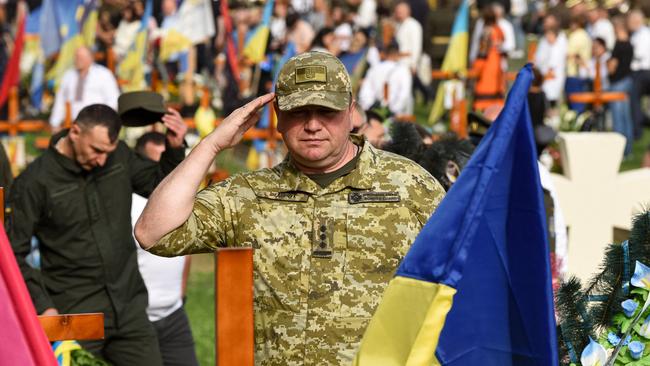
Amid all the Ukraine discussion – whether the war against Russian aggression is winnable and how much military assistance should the democracies give – what has been taken rather for granted is the resolve of the Ukrainian people, from their president down, to work together in lockstep to preserve their national freedom.
Of all the countries in Europe, pre-war Ukraine – poor, divided and corrupt – would have come closest to being judged a failed or at least a faltering state, yet now it’s prosecuting a war of liberation with steely resolve and considerable success, notwithstanding the slow and bloody progress of the counteroffensive. If the Ukrainian generals are divided among themselves about the ends and means of their campaign, and if the Ukrainian populace is ambivalent over whether their freedom is worth the blood price being paid, there’s almost no public evidence.
Instead, from top to bottom of Ukrainian society, there seems to be a singular focus on expelling every last Russian soldier from every last inch of Ukrainian soil, and general agreement that the cause validates what’s being done to bring it about.
The shift from an initial heavy assault that faltered in minefields and drone attack, to a painstaking infantry advance house by house, copse by copse, field by field, that could take months or years to succeed, far from inducing any collective soul-searching about whether it’s justified, seems to have come with grim acceptance that national freedom is worth almost any price.
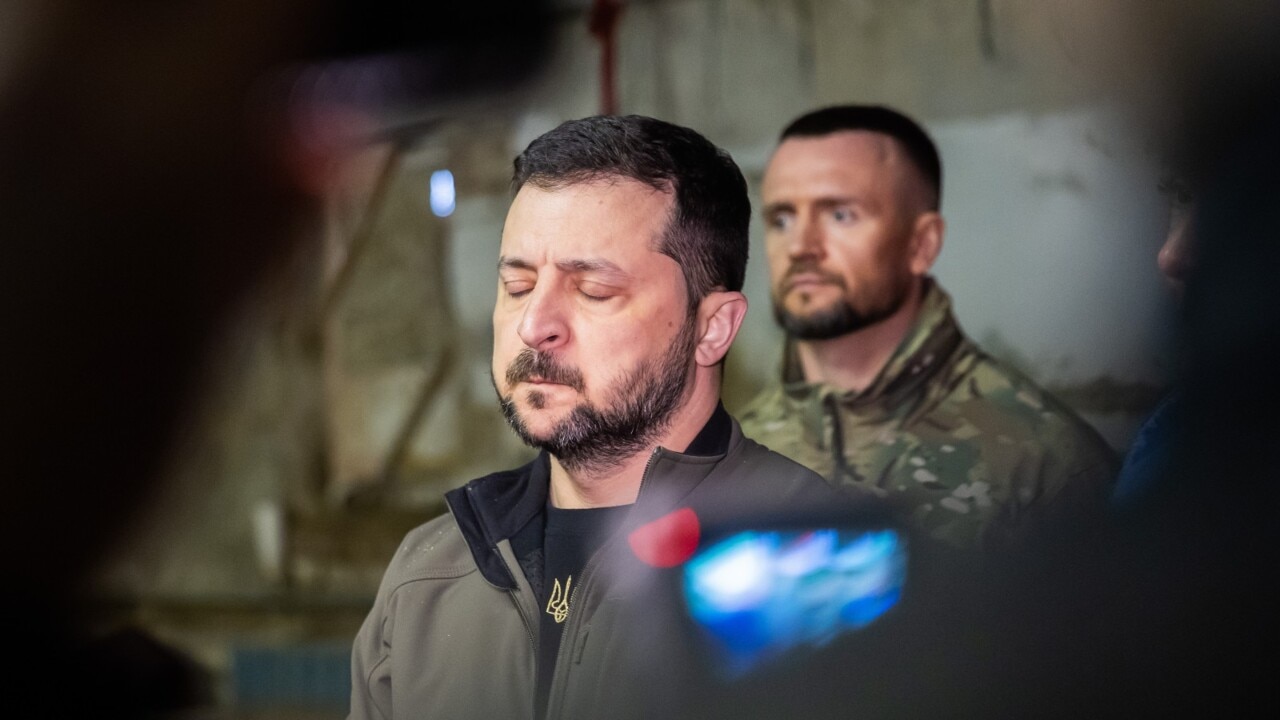
Granted that the Ukrainians are managing a struggle that’s much more obviously existential than the issues most countries are dealing with, what’s still noteworthy is Ukrainians’ seemingly united determination to achieve their national goal, and readiness to respect and support the government that’s trying to bring it about.
What’s more, not only is there little evidence that the Ukrainians are cutting moral corners in the way they’re prosecuting the war, there’s not the slightest sign that they’re being distracted by any of the side issues that often derail the pursuit of important national goals elsewhere. Their country may be physically broken, thanks to the tyrant’s incursions and bombardments, but their politics isn’t. Indeed, it may be said of them, as it was once of Britons: this is their finest hour.
Just as the prospect of execution in the morning is said wonderfully to focus the mind, maybe theirs is a sufficiently supreme struggle to lend clarity to their purpose and what’s needed to achieve it. Even so, what’s striking is the obvious contrast of their leaders’ decision-making and their people’s readiness to stand behind it, against the woolly confusion about what really needs to be done and half-heartedness in bringing it about that afflicts so many other countries dealing with challenges that are not all that much less perilous in the long run, even if not so immediately acute.
Paradoxically, the politics of Ukraine, albeit in response to an existential threat, seems far less broken than the politics of many hitherto more successful countries trying to appease every vested interest. So many key issues for us seem harder than ever to resolve because of a collective inability to choose between conflicting goals; to determine a clear course of conduct that would resolve matters; and to then see it through to a successful outcome. Inevitably, the attempt to please almost everyone ends up pleasing almost no one; and, in the process, issues fester, problems deepen and disillusionment grows.
A case in point is the inability of most of the countries supporting Ukraine to be clear about whether they want it to win or merely not to lose, and to act accordingly. Poland, as Vladimir Putin’s potential next victim, plainly wants Ukraine to win and has provided much military hardware but can’t realistically do more unless America lets it. Britain, as the traditional scourge of aggressors in Europe, likewise has given much weaponry and extensive training but is also constrained by the US, plus its own depleted stockpiles and emaciated industries.
Germany is caught between defeating aggression and appeasing Russia. France alternates between being a friend to Ukraine and a bridge to Russia. Even the mighty US, despite repeated declarations of solidarity, won’t give the Ukrainians more of the weapons they want from anxiety about its own needs and apprehension about what a desperate dictator might do.

As for Australia, the chasm between rhetorical and material support is becoming embarrassing, especially since there are hundreds of the armoured vehicles Ukraine would like, unused in depots. But, then, almost no one in authority anywhere has been candid about the material, prudential and perhaps moral constraints that make actions up until now fall so far short of talk.
Viktor Orban’s bleak realism – why fight a war you can’t win? – would hardly apply if it were Hungary under assault, but at least in his case there has been no disconnect between words and deeds. It’s one of the reasons he’s noticed in a way many other leaders aren’t.
Then there’s hand-wringing impotence that has characterised most countries’ approach to the wave of illegal migration by boat since 2015: first, from Turkey into Greece and beyond, then from North Africa mostly into Italy, and lately from France into Britain.
In response there have been naval patrols in the Mediterranean, the Aegean and the Channel that basically have become a search and rescue service for boatpeople; payments to transit countries such as Turkey and France to keep people in camps; and attempts at Europe-wide deals to spread the burden of arrivals – but nothing much has worked. While the Turks seem to have cracked down on people-smuggling, nothing has stemmed the flow from the largely ungoverned spaces of Libya, and the French don’t seem especially fussed to stop people-smuggling that transfers their problem from Calais to England.
As long as people from wretched countries think they can take a boat to a much better life, this peaceful invasion will continue, along with countless deaths at sea. The only way to stop it is to ensure that the people who arrive illegally by boat simply can’t stay.
When Australia had this problem on a much smaller scale in the 1990s, the Howard government first stopped the boats by putting people who arrived by boat on temporary visas so they could never become permanent residents; sending people who made it to Australian islands to Nauru for offshore processing so they would never get to the mainland; and turning boats around where it was safe to do so, so that would-be migrants ended up chasing the people-smugglers, wanting their money back.
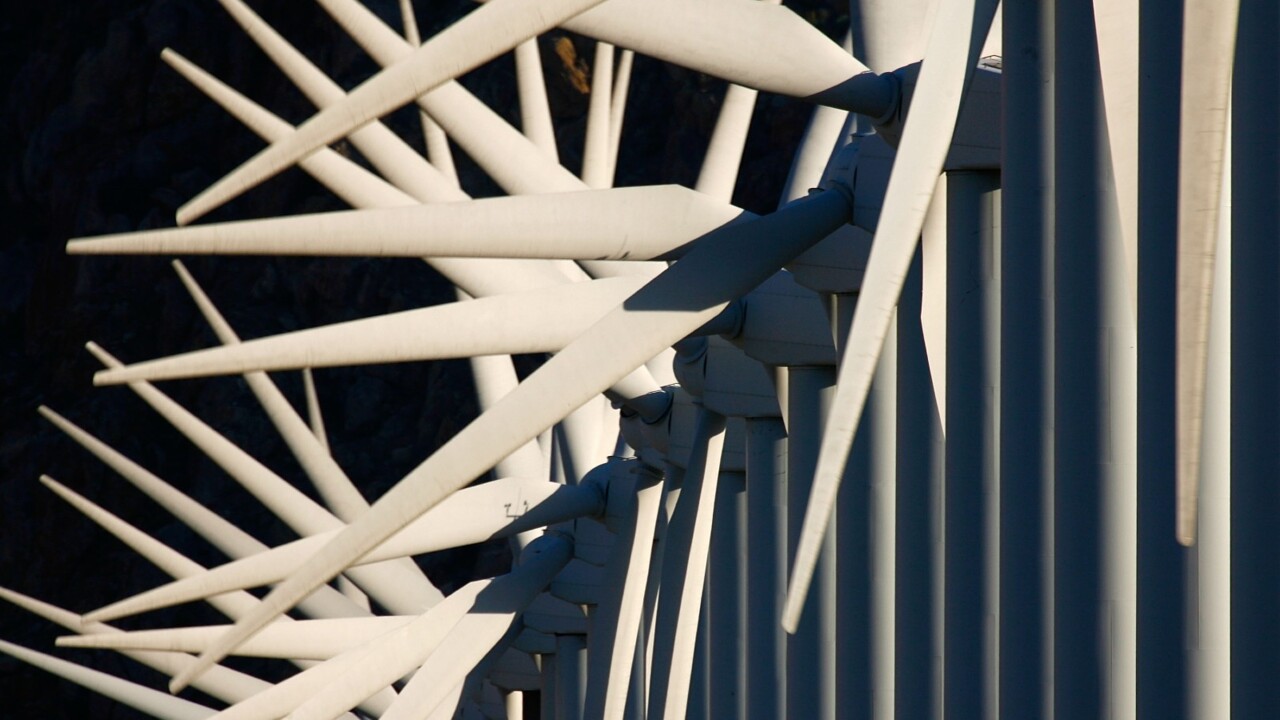
When the problem recurred on a much larger scale after 2008, my government introduced an integrated command structure, Operation Sovereign Borders; and when the people-smugglers scuttled their boats instead of bringing their passengers to Australia, the navy put people on to unsinkable orange lifeboats with just enough fuel to return to Java. The opposition, the churches and much of the media said it was immoral; some UN agencies said it was illegal; and the Indonesians sure didn’t like it; but it worked and it’s now accepted bipartisan policy.
Except that the numbers involved are potentially greater, there’s no compelling reason naval patrols in the Mediterranean and elsewhere couldn’t escort illegal migrant boats back to their starting point and, if necessary, simply land their passengers safely on a beach. No reason, except addled thinking about rights, postcolonial guilt, refugee activist lawfare and the unwillingness even of sovereign states to act outside an EU or a UN mandate.
And so the boats keep coming, people keep drowning, an underclass of often alienated newcomers keeps growing, the reputation of government for competence keeps falling and resentment keeps building among citizens who think their governments’ duty to them outweighs any obligation to those who are trespassers in their country.
Another policy area that’s rife with wishful thinking is energy, mostly because for the past two decades energy systems in many countries have been run to reduce emissions rather than to deliver affordable and reliable power.
Indeed, in many countries, it has been claimed that rapidly transitioning from oil, coal and gas-fired power to wind and solar will somehow be cheaper – a bizarre claim given that renewable power always has to be subsidised. And even though modern life requires power 24/7, not just when the wind is blowing and the sun is shining.
While every country that has made a virtue of decarbonising (other than France, which went almost wholly nuclear because it wanted to minimise its dependence on other countries’ fossil fuels) has seen power prices skyrocket, that hasn’t deterred leaders from Joe Biden down claiming that what’s plainly economic self-harm will somehow save money, create jobs and boost prosperity.
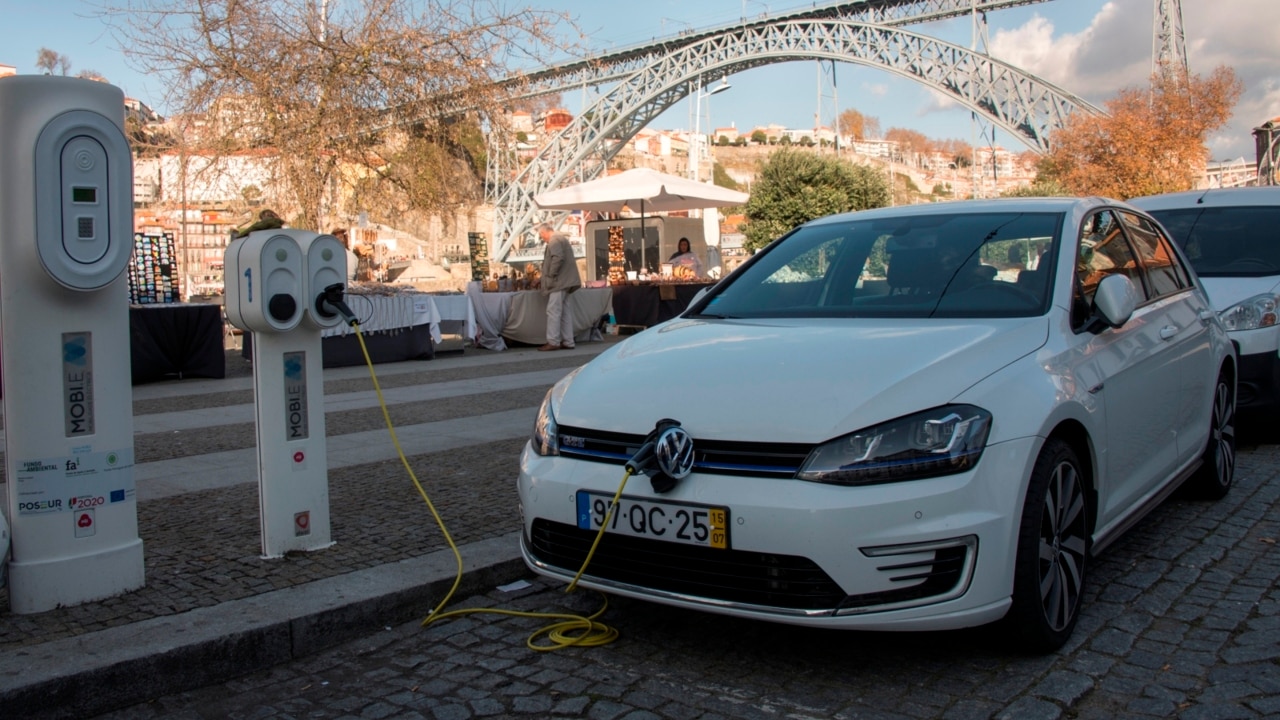
In Australia, despite some of the world’s largest reserves of coal and gas, which are two of our three biggest exports, government’s aim is to become a renewable energy superpower, as if no one else has wind and sun, on the basis of our reserves of the minerals needed to make batteries, even though green rules make it increasingly hard to extract them and almost impossible to refine. The rush to renewables (nearly all made in China, while the Chinese Communist Party opens more new coal-fired power in a year than Australia’s total) has made us weaker and China stronger without the slightest impact on climate, if CO China emits without compunction really is the main climate change villain.
Many people in authority must know that in most Western countries energy policy is a slow-motion train wreck and that previous climate change proves that human CO2 is not the only or even the main factor in climate. But they won’t say so lest they commit heresy against the new civic religion, in which good citizenship always requires stronger action against the climate emergency. To the innumerable people who take the inevitable and almost never genuinely unprecedented weather events in their stride, forcing people out of their petrol or diesel vehicles, policy-driven herd reduction and home reconstruction, with all the lifestyle changes involved, looks like the moral vanity of elites who can afford it against the masses who can’t.
And when there’s only a minor difference of degree between both main parties, as in many countries, it’s not surprising that multitudes feel politically homeless and worry that the system is broken.
When theory comes up against reality, the facts will eventually win out, but a lot of damage can be done in the meantime. As Winston Churchill is supposed to have said, men occasionally stumble over the truth, only to pick themselves up and hurry off.
Maybe the lights really do have to go out for the renewables infatuation to end. Maybe it will take a direct military challenge for the societies that are the most free, most fair and most easygoing on minorities to regain faith in themselves. Maybe vast numbers of regretful gender transitioners will have to sue their doctors before it’s once more normal to accept the bodies God has given us. Maybe hallowed political parties will have to be swept away by disrupters for elected politicians to remember their job is to lead rather than defer to official advice. Because in most Western countries’ public life, politically correct virtue signalling invariably has the upper hand.
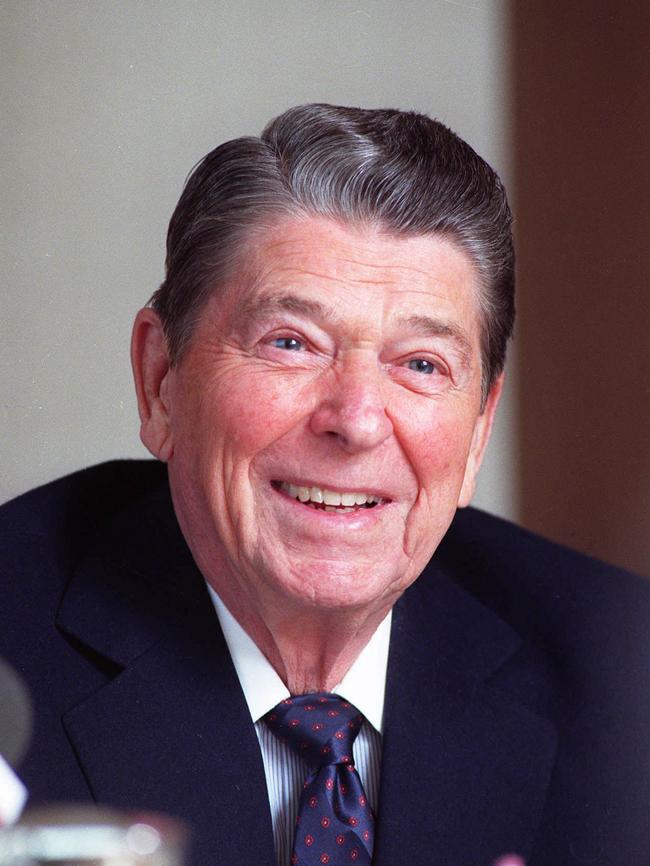
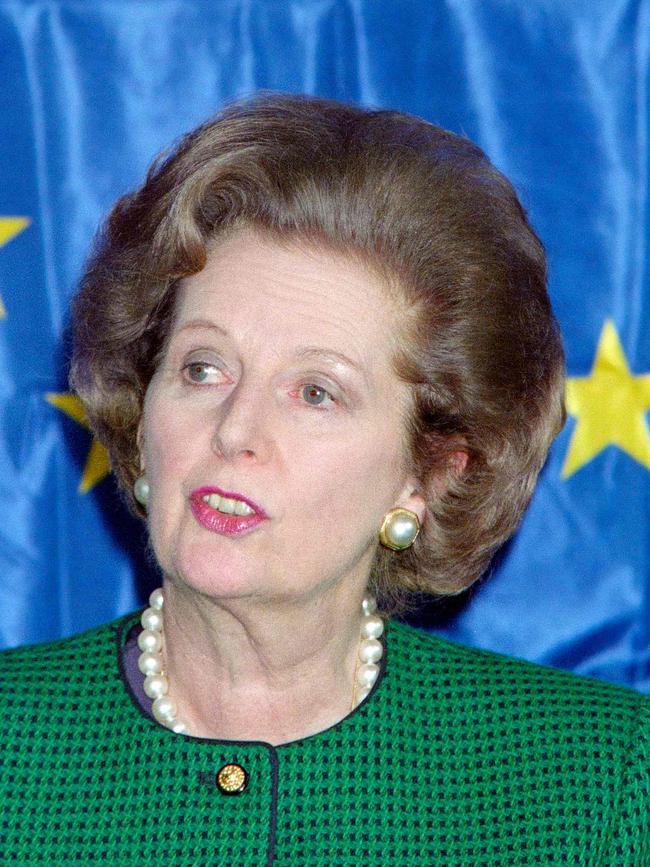
My fear is the rise of apparatchik politics is keeping our best citizens out of public life. That the pervasiveness of 24/7 social media is coarsening our national conversation. And the resultant fragmentation and polarisation are making it ever harder to keep our disagreements civil.
Right now, with a revolving-door prime ministership in Britain, personality cult politics in America, plus the eclipse of longstanding allegiances everywhere, our civilisation seems at a low ebb, especially in the Anglosphere where faith, family and country have never been in less regard. In one vital respect, if not in others, we who have never been more materially prosperous, yet so spiritually bereft, can look with envy at the Ukrainians who have discovered something to live or die for that’s greater than the sovereign self.
It’s hard not to be despondent about all that should be better but we have been here before, most recently in the 1970s of strategic challenge, economic stagnation, and social unrest. Yet two decades on, liberal democracy was thought to be triumphant because a few key leaders strove to make a difference. There must be contemporary Thatchers, Reagans and Wojtylas just waiting to make their presence felt.
This is an edited extract of a speech former Liberal prime minister Tony Abbott delivered to the Danube Institute Security Conference in Budapest on Thursday.



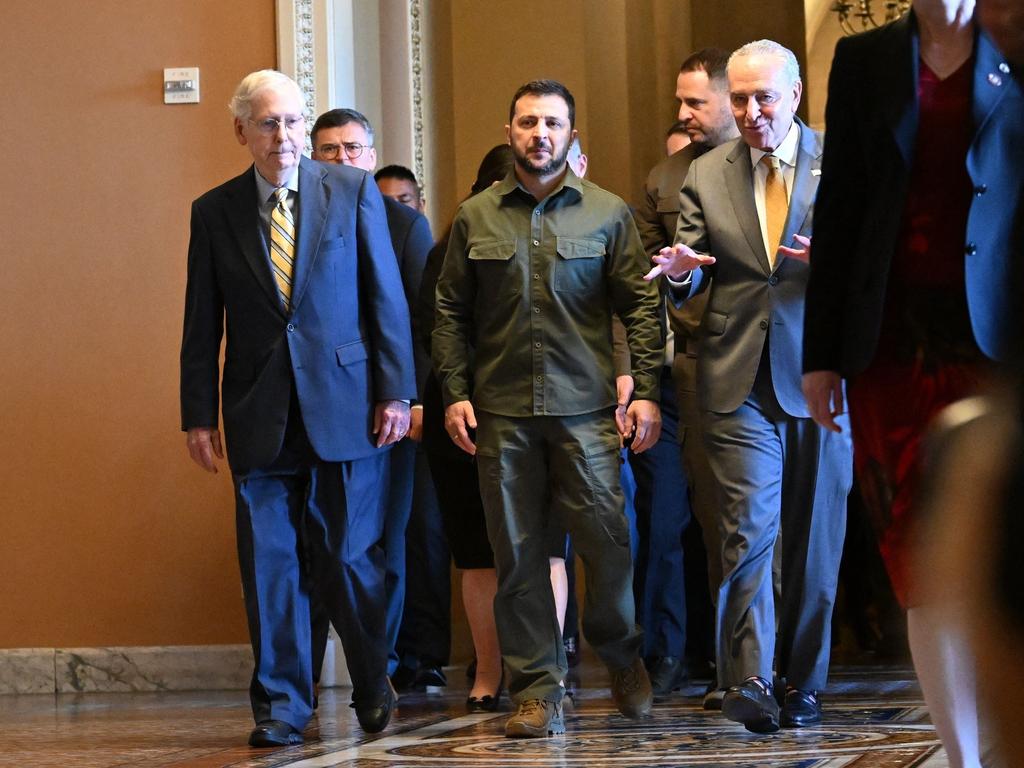
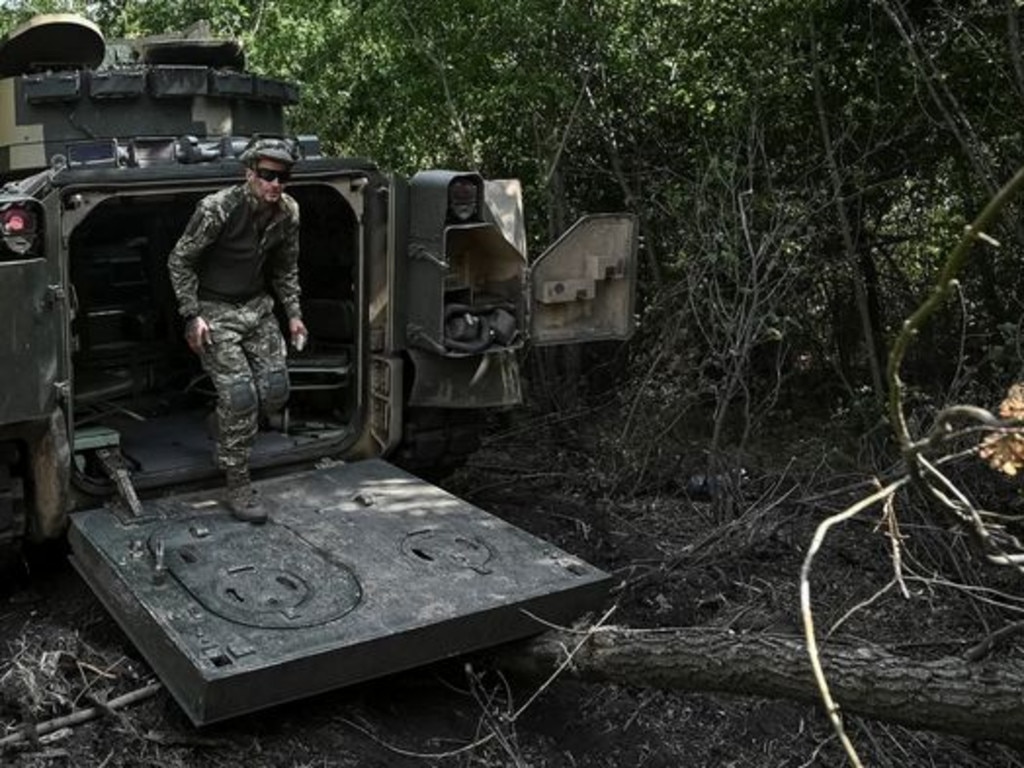
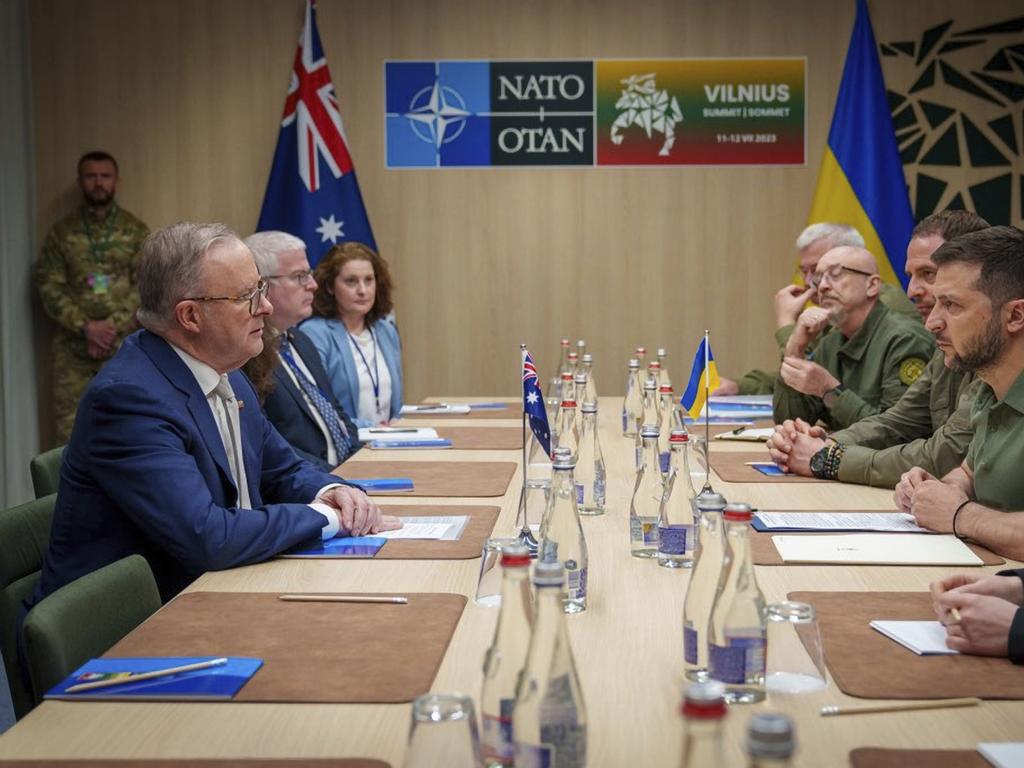

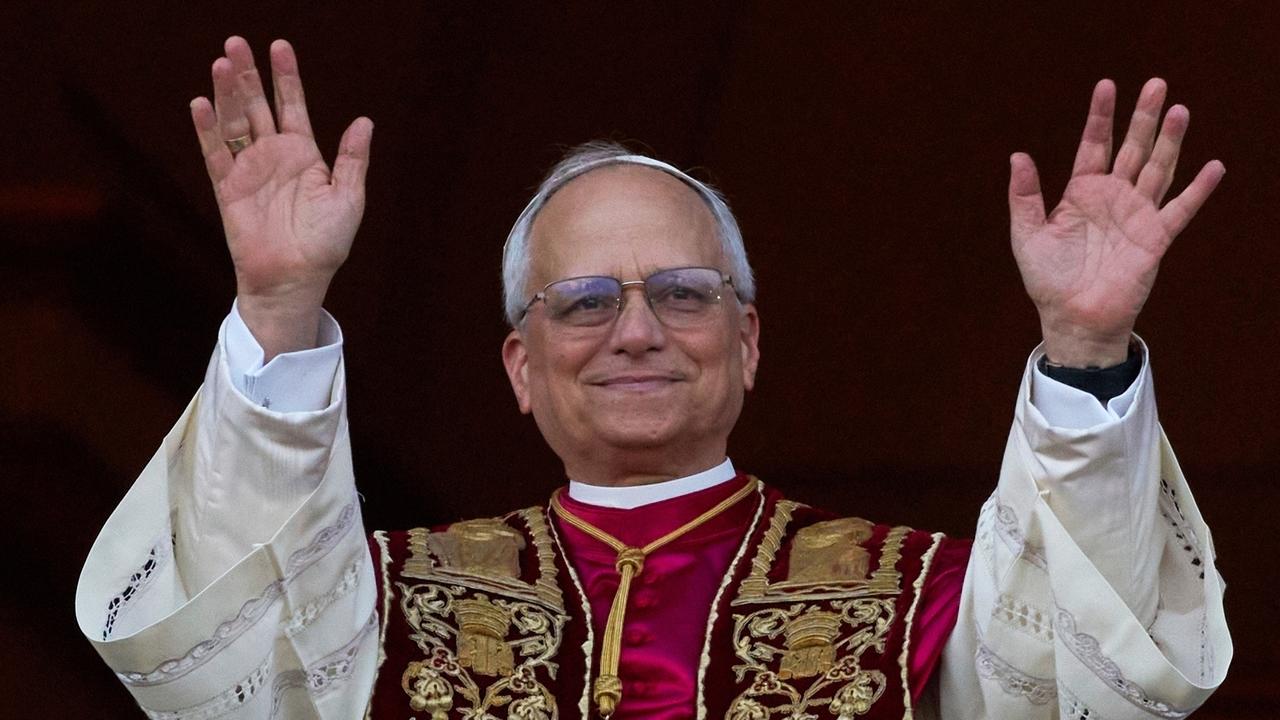
To join the conversation, please log in. Don't have an account? Register
Join the conversation, you are commenting as Logout